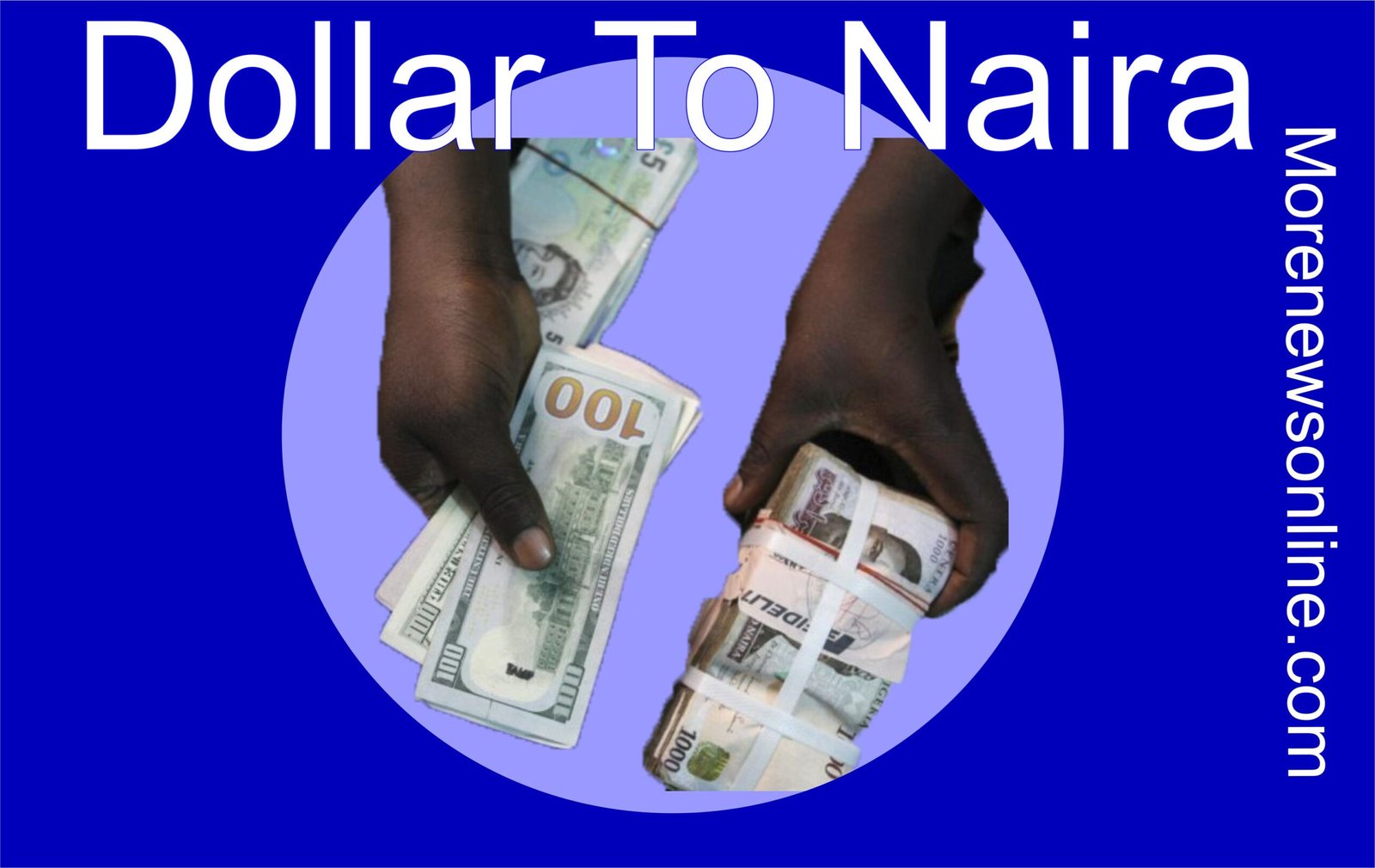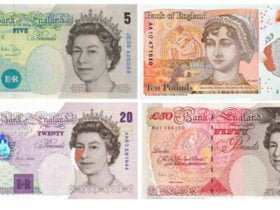As of September 28, 2024, the black market exchange rate for the US Dollar (USD) to Nigerian Naira (NGN) stood at ₦1,700 per $1. This rate reflects the ongoing depreciation of the Naira in the parallel market, influenced by factors such as limited foreign exchange supply, inflationary pressures, and economic uncertainties.
Black Market Exchange Rate – September 28, 2024
Buying Rate: ₦1,690 per $1
Selling Rate: ₦1,700 per $1
These figures are based on data from Bureau De Change (BDC) operators and reflect the prevailing rates in the informal currency exchange market .
Comparison with Official Rates
On the same date, the official exchange rate provided by the Central Bank of Nigeria (CBN) was significantly lower. For instance, platforms like Wise reported a mid-market rate of approximately ₦1,600 per $1 . This discrepancy highlights the divergence between official and parallel market rates, often driven by differing supply and demand dynamics.
Factors Influencing the Black Market Rate
Several elements contribute to the fluctuations in the black market exchange rate:
Foreign Exchange Scarcity: Limited access to official forex channels pushes individuals and businesses to seek alternatives in the black market.
Inflation: Rising prices erode the purchasing power of the Naira, leading to increased demand for more stable currencies like the USD.
Economic Policies: Government interventions, such as restrictions on forex access for certain imports, can inadvertently boost black market activities.
Speculation: Expectations of further Naira depreciation can lead to hoarding of foreign currencies, exacerbating demand pressures.
Related Article: Dollar To Naira Black Market Exchange Rate Today – 11th November 2022
Frequently Asked Questions (FAQs)
Why is the black market rate higher than the official rate?
The black market rate often exceeds the official rate due to higher demand for foreign currency in the informal sector, limited official forex supply, and market speculation.
Is it legal to trade currency in the black market?
Engaging in black market currency transactions is illegal in Nigeria. The Central Bank of Nigeria regulates foreign exchange activities, and unauthorized trading can lead to legal consequences.
How can I access foreign currency legally in Nigeria?
Individuals and businesses can obtain foreign currency through authorized dealers, such as banks and licensed BDCs, following the guidelines set by the CBN.Crowna’lamode news updates
What risks are associated with black market currency exchange?
Risks include counterfeit currency, fraud, unfavorable rates, and legal repercussions. Transactions lack the protections offered by regulated financial institutions.
How does the black market rate affect the Nigerian economy?
A high black market rate can lead to increased inflation, reduced investor confidence, and challenges in economic planning, as it may not reflect the true value of the Naira.
Disclaimer: The information provided is for educational purposes only and does not constitute financial advice. Exchange rates are subject to change, and individuals should consult official sources or financial experts before making currency transactions.




Leave a Reply